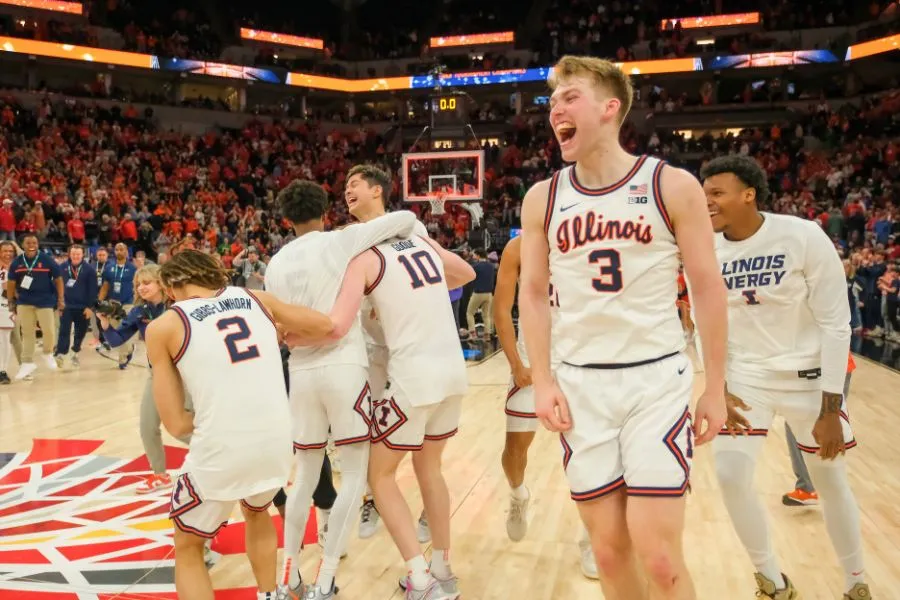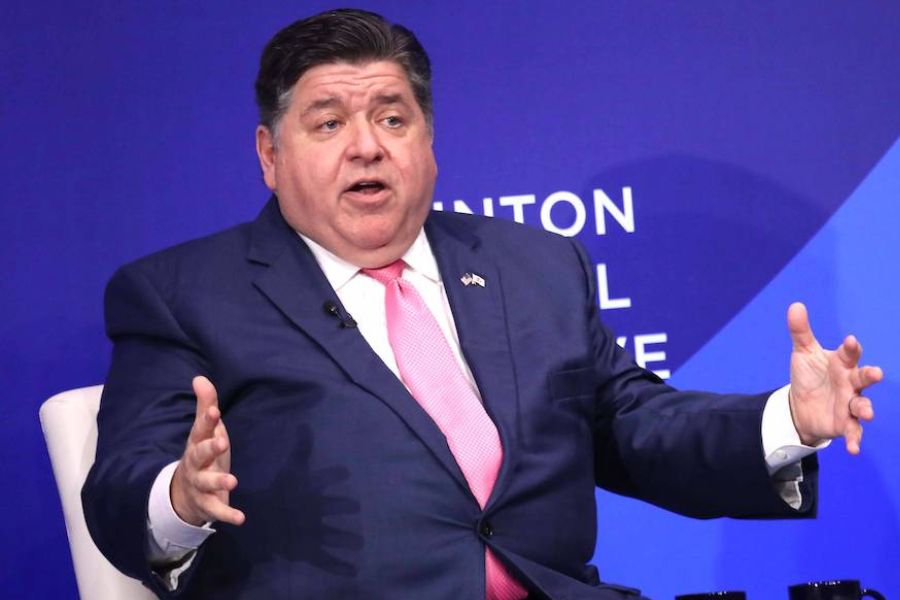The proposal by Robert Rita, of Blue Island and a 20-year member of the Illinois legislature, would open the door for Sporttrade and Prophet Exchange to set up shop in the state, facilitating bets between gamblers rather than through a typical bookmaker.
The language is identical to a bill proposed a year ago by state Sen. Bill Cunningham of Chicago, though that bill has not gone forward in the legislature.
The process has led to better odds for bettors, as “the house” simply makes a small profit of about 2 percent on the winner’s share rather than offer worse odds to help ensure that the sportsbook makes money.
Both Sportrade and Prophet Exchange opened up shop in New Jersey in late summer 2022, in time for most of the NCAA college football and NFL seasons. The betting exchange Wagr launched even earlier, in Tennessee in Jan. 2022.
But its founders say its customers are casual bettors who either seek a platform to formalize bets with friends, or who need help finding someone who wants to take the opposing side of a proposed bet. Wagr sets a $500 limit on any bet, which makes it unappealing to more serious gamblers who would prefer an exchange such as Sporttrade or Prophet.
The latter two companies do not limit the amount of wagers, because unlike traditional sportsbooks they are not taking on any risk. Perhaps the most striking part about the proposed gambling via Sporttrade’s platform is that a wager on a ballgame becomes similar to a stock purchase.
The value of that purchase ebbs and flows immediately – allowing a participant to either “quit while he’s ahead” and cash out at a higher price, or reduce their losses on a wager that seems to be headed in the wrong direction before the entire purchase price is lost. The new form of betting likely would appeal most to younger risk-takers who already have tried stock market “day trading” and who have dabbled in the volatile cryptocurrency market.
The bill would amend the state’s Sports Wagering Act and provides that:
“Exchange trade wagering means the buying and selling of betting contracts at any time prior to the conclusion of an event, based on a describable zero to 100 scale of probability and employing a recognized market surveillance technology used in United States financial markets that is capable of identifying wagering activities indicative of problem gambling, money laundering, and other actions detrimental to the integrity of sports wagering.”
Up to two betting exchange licenses would be available
The bill also would authorize the Illinois Gaming Board to issue up to two exchange trade wagering licensees, with taxes levied and collected being at the same rate as traditional sports betting operator licenses in the state. The cost of each betting exchange license would be $500,000 for a term of four years, and then an additional $100,000 for four more years.
Prophet officials have said they hope to launch in Indiana sometime in 2023, while Colorado is considered the favorite to be Sporttrade’s second state for exchange betting before the end of the calendar year.
For those who like the idea of “sports as a stock market”, New Jersey also permitted the launch of Mojo in Sept. 2022. Mojo sets a value for various star NFL players, raising and lowering that figure based on actual performances throughout their careers.
So a buyer of stock in Philadelphia Eagles quarterback Jalen Hurts as of the start of the 2022 season would have gotten a relative bargain, while his value has soared during what could be a Most Valuable Player season.
But Mojo sets the values as opposed to the format of the three sports exchanges above, which instead make possible “peer-to-peer” betting on their platform between two participants who pick opposite sides of a bet of their choosing.
Federal Wire Act prohibits bets across state lines
Sports betting exchanges are popular all over Europe, in part because of offering sufficient “liquidity.” That means that residents can seek an “opponent” in a wager all over each country.
But in the U.S., The Federal Wire Act of 1961 prohibits the placing of sports bets across state lines. That means that an Illinois resident, if given the opportunity to try a betting exchange via the passage of this bill, would have to find another state resident willing to take the other side of the bet. At high stakes, that could prove difficult to impossible.
That proved to be the case for the experiment of exchange wagering on horse racing in New Jersey in 2017-19 – there weren’t enough participants within the state to make the gambling feasible.
Rep. Rita was at the forefront of the successful effort to legalize sports betting in Illinois, and back in 2017 he introduced a bill to add online casino gaming to the mix.
A 2021 version of the bill would mirror a New Jersey law that for the past decade has permitted online casino play by operators who enter into partnerships with casinos or racetracks in the state.
Each of those brick-and-mortar sites would be allowed to have up to three online casino partners. Rita has not made much progress on that gambling front, however.
While a majority of the 50 U.S. states have legalized sports betting since a May 2018 U.S. Supreme Court decision opened that door, only six states allow for online casino play. The only such state in the Midwest to permit it is Michigan, which launched both sports betting and online casino gaming in Jan. 2021.






